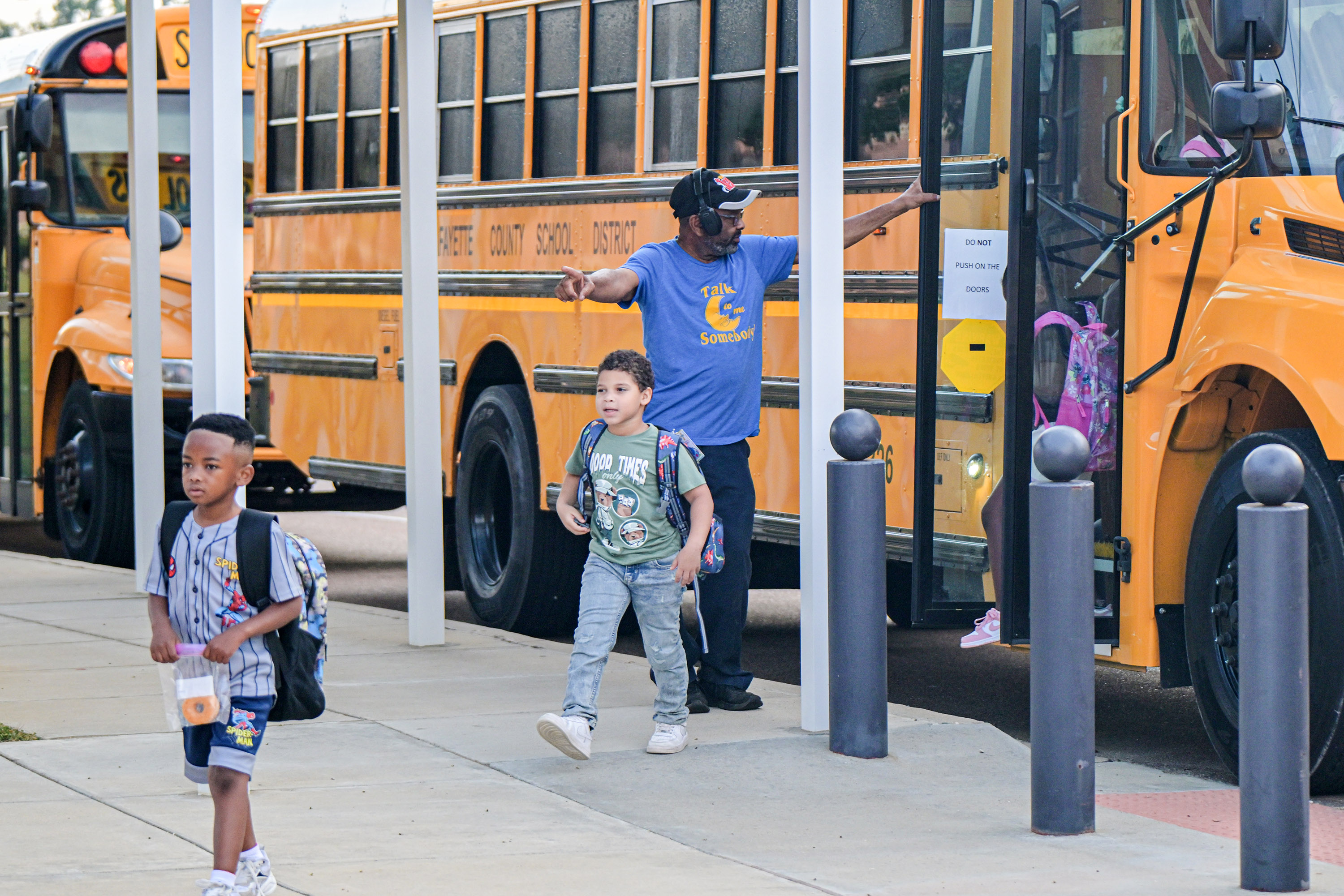Human trafficking sessions to bring awareness to issue
Published 12:00 pm Monday, April 18, 2016
Oxford may not be a big city or have major interstates running through it, but residents still need to be aware of human trafficking.
Two residents are bringing the nonprofit Life for the Innocent to town this weekend for two events that will highlight what residents can do to prevent a friend from falling prey to a trafficker and simply bring a greater awareness to the issue locally.
Trending
Liz Byars and Kathy Brummett have worked with Life for the Innocent to present the free public sessions. The first is at 6:30 p.m. Friday and is a Youth Prevention Workshop. The second is at 9:30 a.m. Saturday and called Justice and Joy Orientation. Both are at Oxford Church of Christ.
“The average age of entry into sex trafficking in America today is 12 to 14,” Byars said, citing the need for the youth workshop. “Presented from a Christian perspective, this training is designed to educate and empower youth to understand what trafficking is, how it happens, and how to identify red flags so they can be the eyes and ears among their peers. Parents will also be provided with tools for protecting youth from predators.”
The second session addresses what trafficking looks like in the Lafayette County region and beyond and lets residents know what they can do to help.
“The Justice & Joy Orientation outlines the joy accompanying those who promote biblical justice, and identifies key opportunities to prevent sexual exploitation in your community,” Byars said.
Byars said trafficking is a worldwide problem and can impact anyone regardless of race or socioeconomic status.
“There is a problem with this locally,” Byars said. “I am aware of cases of this here in Oxford. Unfortunately, this is a problem that is not limited to large cities. Although it does become more of a problem in areas with large sporting events such as the Super Bowl.”
Trending
Byars said it’s also a problem that affects adults, teenage runaways all the way down to children as young as 3.
“Human trafficking can take many different paths and is different in every case,” she said. “Sometimes it a family member renting a child to pay debts, sometimes it is a college student caught up in an escort business and she is not free to leave. Traffickers have even gone as far as having elementary and junior high students work for them and help them spot kids with problems at home to target.”
Brummett first got involved with the cause five years ago when she was looking for something to keep her occupied after retiring from Mary Kay. She learned about Life for the Innocent, researched the group, interviewed its director and decided she wanted to get involved. The nonprofit was rescuing children in Southeast Asia at the time.
“At that point I decided I would do a fundraiser to see how many children we could rescue. We raised enough money to rescue 31 children in December of 2013,” Brummett said. “The day before our fundraiser ended I found out later that the director got a call from their undercover person in Asia that said there are going to be 64 children that need to be rescued.”
The group only had enough money to rescue 32 children, but didn’t leave any behind. The next day Brummett called and had the money to help those that weren’t left behind.
In September 2014, Brummett brought the nonprofit to Oxford for a fundraiser and to generate local awareness.
She said it is becoming more and more of a problem because it is so profitable.
“There have been cases of human trafficking in all 50 states in our nation,” she said. “For one, it is such a lucrative business. As far as a criminal industry it is only second to the drug industry. A child’s body is sold 10 to 40 times a day and they are going after younger and younger victims.
“Gangs are turning more and more to prostituting young women more than others. They will ship girls and trade them out. This is the first place where they are finding gangs cooperating with one another.”
Brummett said it is time for Oxonians to let their children know about the issue not only for when they leave town for college, but also so children can offer their home to a friend who might be wanting to run away or get into trouble via social media.
“Sometimes it is a kidnapping, but that is not the most often way it’s done,” she said. “Most often it’s runaways. Runaways are trafficked within 24 hours or leaving home.”
Instead of letting their friend leave, Brummett said it’s important for children to be able to say, “’Don’t leave, come to my house.’ We need to give our children permission to say that and know that our homes are open.”





